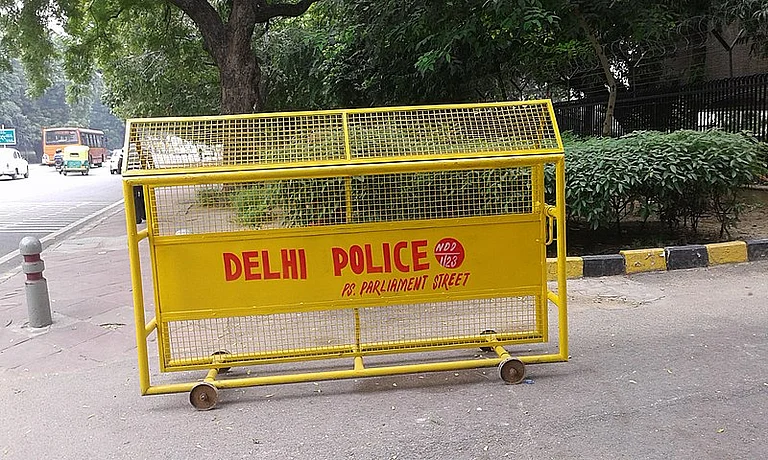Nandy’s critique of the modern nation-state and its attendant ideologies is part of his general preoccupation with the hazards of modernity. Modernity, to him, brings in its wake violence, terror and oppression. And the nation-state codifies the basic tendency to domination that is intrinsic to modernity. "In society after society," he writes, "rulers have begun to extract new kinds of economic and political surplus from the ruled and have unleashed on resisting citizens new kinds of violence." In the process, development means the development of the state itself, security means the security of the state and science means the garnering of more coercive power to suppress voices that insist on being heard, even though they may be located on the margins. Nandy’s harshest critique, however, is reserved for the way the state in its quest for modernity has devalued traditional knowledge systems and the manner in which the much-vaunted concept of secularism has pushed aside traditional ideas of religious tolerance and pluralism. Nandy sees no virtue in the state, which seeking to construct a hyphen between its own existence and the concept of the nation, has ridden roughshod over the aspirations of people to realise their humanity, culturally, politically and economically. And yet the miracle is that people from the margins continue to resist the state. It is in these voices, always under the threat of suppression if not extinction, that Nandy sees some hope.
Nandy’s work is impressive simply because it ranges over wide swathes of human experience. I cannot do justice to all his arguments here, but what I can do is to engage him on two counts. Firstly, I have some unease with Nandy’s faith in and employment of culture. He places far too many burdens on the concept. Culture for him generates a theory of knowledge, it gives us a theory of science, of how we should live, of politics, it gives us a concept of religious tolerance and a theory of political participation. But if it does all this, culture must be a system, even if the system is not codified but implicit. And we all know what happens to systems: they must have boundaries. But boundaries exclude more than they include. On the other hand, a looser, flexible concept of culture might hold, that culture does nothing more than provide us with the evaluative resources which enable us to both make sense of the world and to appraise phenomena as valuable and valueless, worthwhile and worthless, moral, immoral and amoral. It does not give us a theory of knowledge per se, it tells us what counts as knowledge and what knowledge is of value. To put it differently, culture provides the resources that equip people to be interpretive beings. And even as the members of the culture disagree over the terms of interpretation, as they are bound to, cultures are reconstituted. Therefore, culture cannot give us stable but only unstable and constantly shifting notions of knowledge.
Secondly, Nandy’s preoccupation is with democracy and with popular participation, which is precisely that which is denied by the modern nation-state. But if political participation is the key to democracy as Nandy believes, and I can think of at least 10 contemporary political theorists who would agree with him, then we would do well to recollect that political participation is itself a modern concept. For democracy itself is a modern concept, we can even put a date to it, the early 20th century when universal adult franchise became the norm in Britain.
Modernity is a plural experience, it gives us terror and oppression, but it also gives us the language with which we can confront that oppression. It gives us concepts with which people can speak back to history and in the process make history—if not always the way they would like history to be.


























